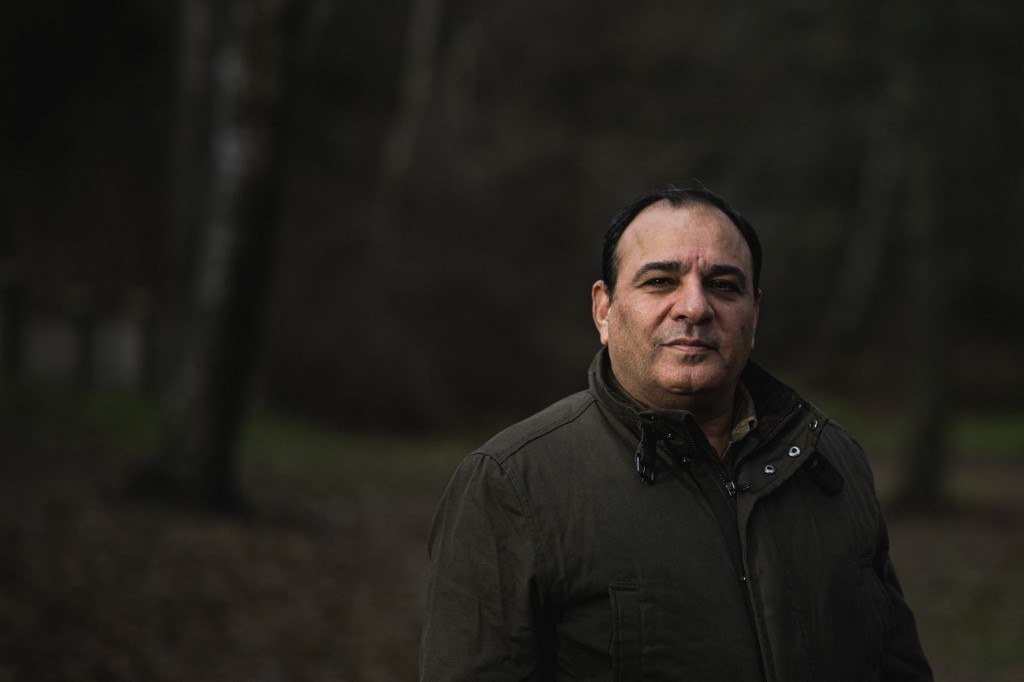The Parliamentary Assembly of the Council of Europe’s (PACE) Committee on Legal Affairs and Human Rights has called on Turkey in a draft resolution it recently adopted to end its intimidation of a Turkish journalist living in exile in Sweden.
Unanimously adopting the draft resolution based on a report by Christopher Chope (United Kingdom, EC/DA) on May 23, the committee strongly condemned all forms and practices of transnational repression, stressing that they “violate numerous non-derogable and fundamental human rights of the individuals targeted” as well as “undermine the values and principles which the Council of Europe stands for.”
Expressing its concern about the fact that “Turkey has also used some of the tools of transnational repression,” the committee urged the Turkish government to end its “intimidation” of Turkish journalist Bülent Keneş, whose extradition from Sweden is a key demand by Ankara to ratify Stockholm’s NATO membership.
Sweden’s Supreme Court in December refused to extradite Keneş, saying some of the accusations against him weren’t crimes in Sweden, which along with the political nature of the case and his refugee status, made extradition impossible.
Keneş, the former editor-in-chief of the now-closed English language Today’s Zaman daily, who Turkey accuses of being involved in a 2016 attempt to topple President Recep Tayyip Erdoğan, was the only person Erdoğan identified by name among the dozens of people Ankara wants to be extradited in exchange for approving Sweden’s NATO membership.
Erdoğan described Keneş as a “terrorist” during a news conference in the capital Ankara in November.
Erdoğan’s insistence on Keneş’s extradition as a condition for Turkey’s approval of Sweden’s NATO membership was characterized in the draft resolution as an action that is “unacceptable to all those who support the rule of law and serves as an example of the type of pressure which some countries seek to exercise over others to pursue what is essentially another aspect of transnational repression.”
The committee specifically called on Turkey to “recognize and respect” the Swedish Supreme Court’s decision regarding Keneş and curtail its policy of “using its veto on NATO membership as a tool of transnational repression.”
According to the committee, Turkey’s campaign of transnational repression was found to rely on renditions and abuse of Interpol Red Notices and to be “remarkable for its intensity, its geographic reach and the suddenness with which it escalated [after] the coup attempt … in July 2016.”
“After blaming Fethullah Gülen for the attempted coup, the Turkish government implemented a consistent policy of pursuing anyone related to the ‘Gülen movement.’ Freedom House was able to identify 58 people rendered from 17 countries,” the committee said.
Since a coup attempt on July 15, 2016, Erdoğan’s Justice and Development Party (AKP) government has employed extralegal methods to secure the return of its critics after its official extradition requests were denied.
Most recently Turkey’s National Intelligence Organization (MİT) confirmed in its annual report that it had conducted operations for the forcible return of more than 100 people with alleged links to the Gülen movement.
Erdoğan has been targeting followers of the Gülen movement, inspired by Turkish Muslim cleric Fethullah Gülen, since the corruption investigations of December 17-25, 2013, which implicated then-prime minister Erdoğan, his family members and his inner circle.
Dismissing the investigations as a Gülenist coup and conspiracy against his government, Erdoğan designated the movement as a terrorist organization and began to target its members. He intensified the crackdown on the movement following the abortive putsch in 2016 that he accused Gülen of masterminding. Gülen and the movement strongly deny involvement in the coup attempt or any terrorist activity.
The PACE committee said NGOs have also highlighted the role of Turkey’s MİT in threats and intimidation of Turkish opposition members and journalists in exile.
It added that it has also been reported that Turkey is using “anti-terror financing measures” as a tool of transnational repression against persons allegedly affiliated with the Gülen movement, such as the government adopting asset-freezing decrees targeting some of these persons living abroad, who as a result faced problems with their bank accounts or credit cards.
The committee further said, citing Freedom House data, that Turkey became a more dangerous place to live in 2021 for people targeted by foreign regimes such as China and Turkmenistan.



